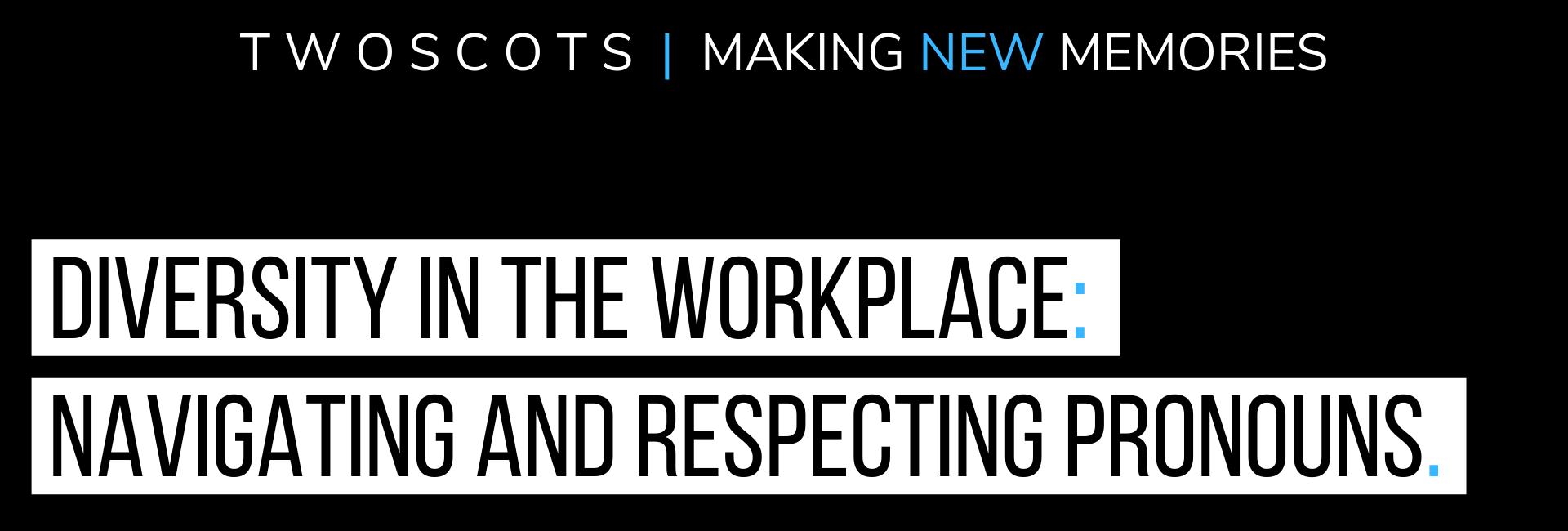Diversity in the Workplace: Navigating pronouns in a professional setting
Posted May 19, 2021I’ll say it, I’m overwhelmed by buzzwords. It’s so difficult when really important causes become exhausted by an abundance of resources which replicate each other.
So, when a moghul like Instagram makes a huge active change such as a feature which enables people to share their pronouns in a simple and transparent way it really cuts through and reminds us of why this is so important. Especially in discussions of the workplace and how we can all contribute to making people feel more comfortable and safe in their daily environments.
And we’ll be honest, empowering businesses to create those safe spaces can be really difficult to navigate. There are so many complexities that we, as a group of cis-gendered people cannot fully understand, but we can continue to try. So, if you too are feeling overwhelmed, here are some active steps you can take to make people feel more comfortable in your workplace.
Firstly, why does it matter?
Well, if you’ve never had to think about your pronouns you’re probably not sure of why they are important. But by referring to people as the wrong pronoun you can instantly disassociate the person you are in conversation with.
By consciously making the effort to respect the identity of every person in your organisation you will contribute to a culture of inclusivity and nurture.

